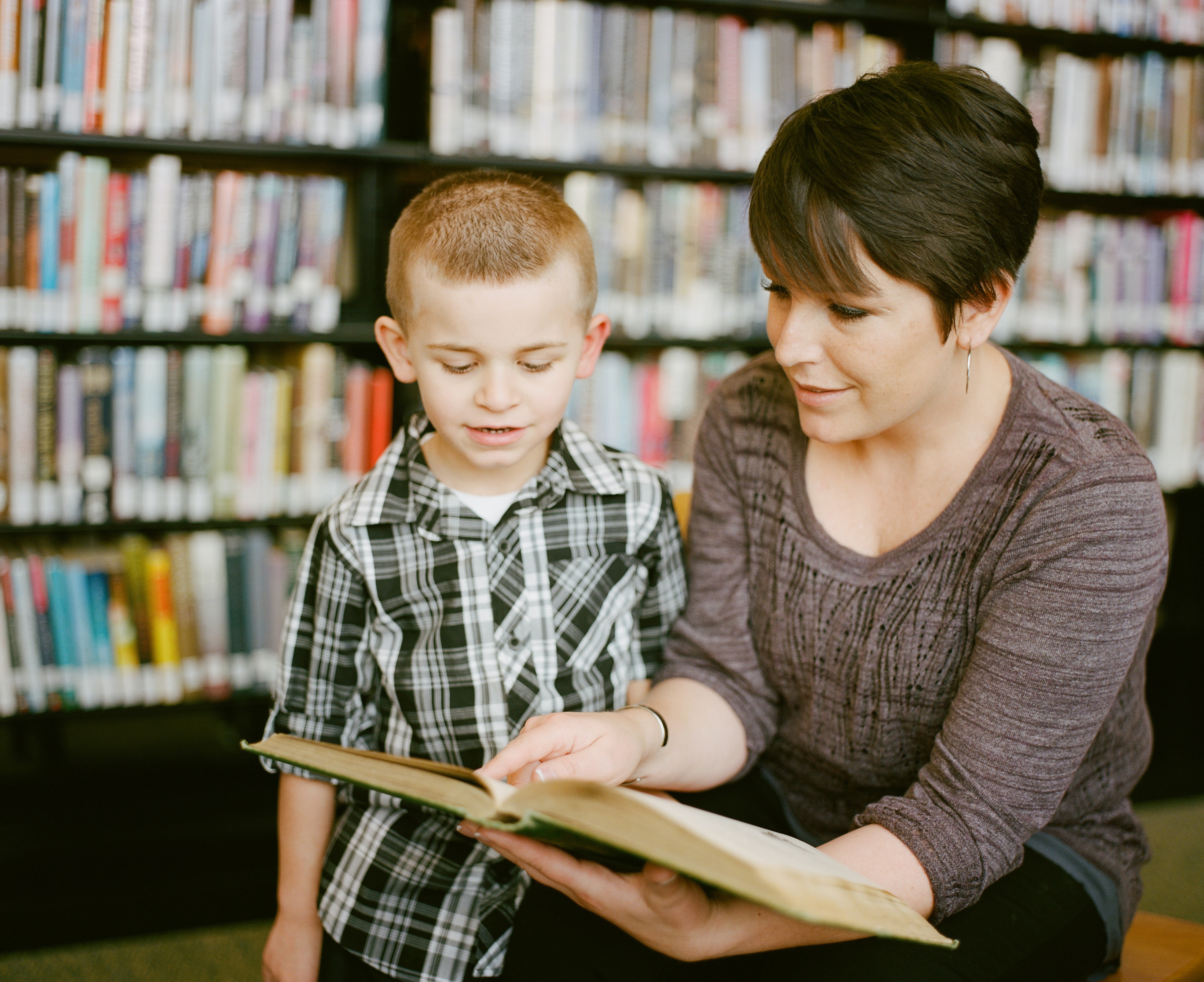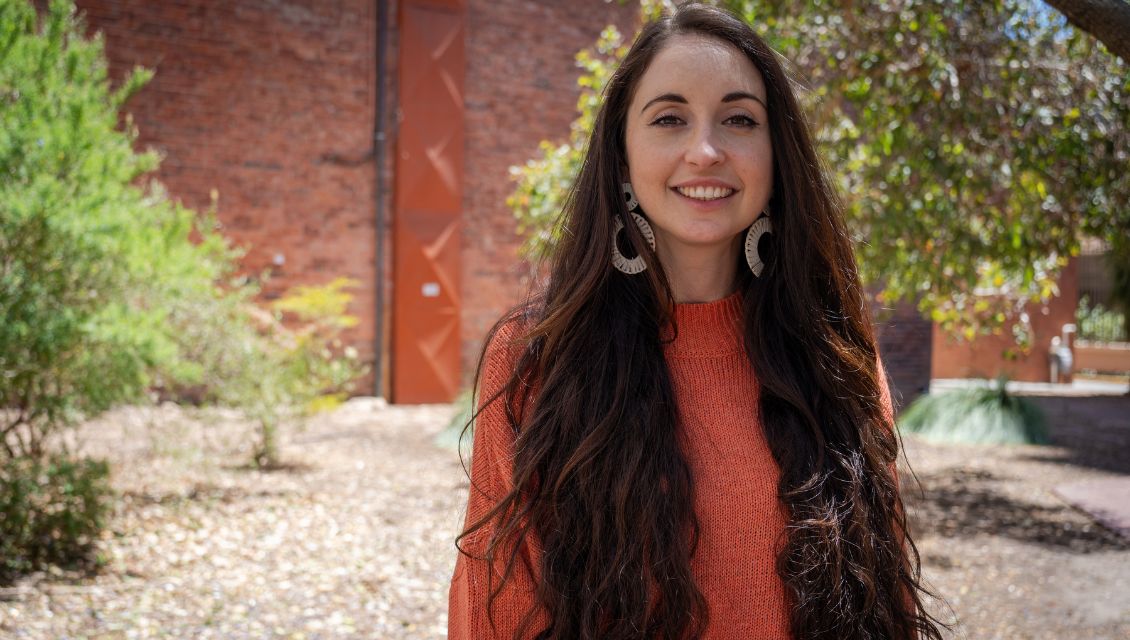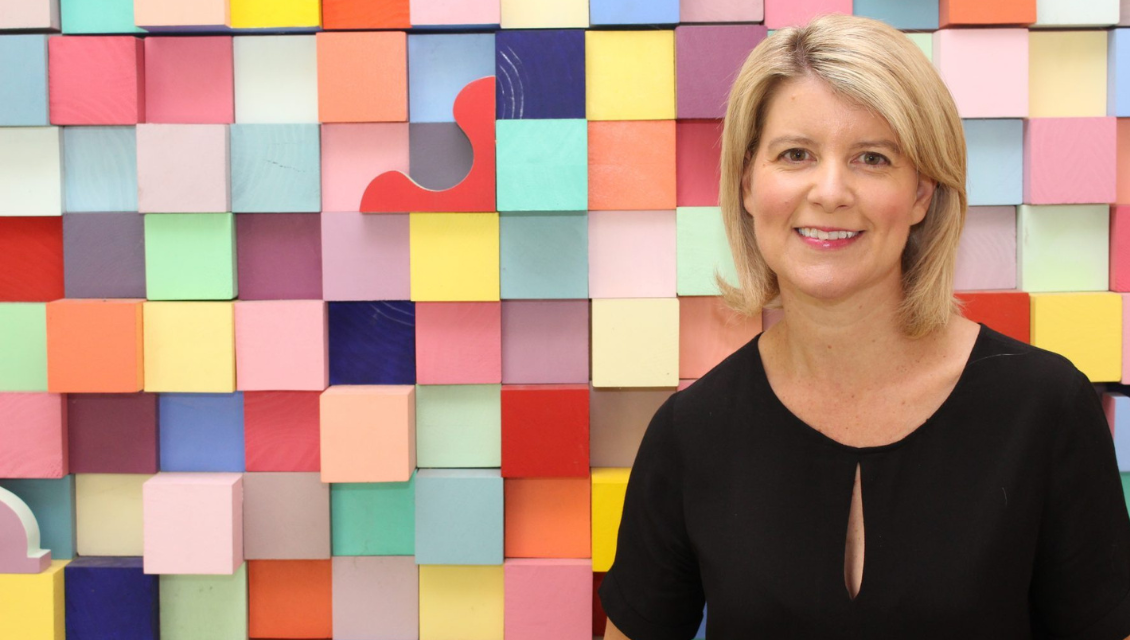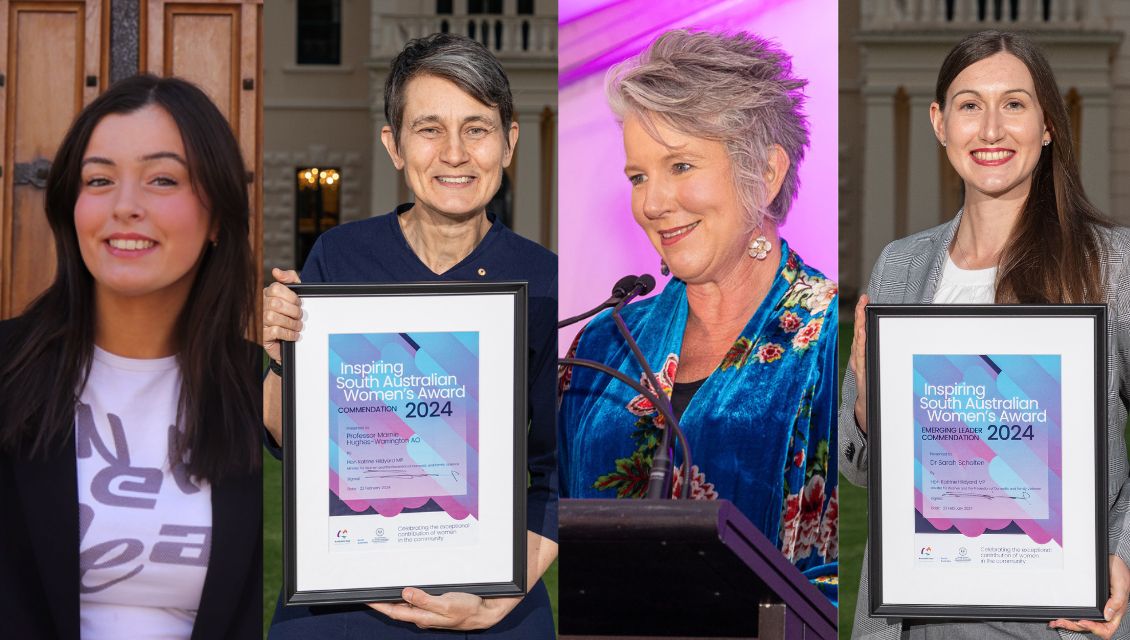
Ten years ago, Emma Goodall says, many people thought Autistic individuals needed to change to be “more like typical people”.
Now, she says, “there's an understanding that everybody who is authentically themself brings their best version of themself to life.”
And the director of South Australia’s groundbreaking Office for Autism, the first of its kind in the nation, brings the best version of herself to work every day as she endeavours to increase the wider understanding of people with autism within the community and the workplace.
Dr Goodall is herself Autistic, although she didn’t receive a diagnosis until the age of 41 when she was studying for her PhD.
“I'm in my 50s, and when I was young you didn't get an autism diagnosis,” she says.
“I was born in Africa and then lived in the Middle East and there was no such thing. If I had been born now I would have been diagnosed much younger because I was quite obviously autistic as a child.”
Dr Goodall says it first occurred to her that she may be on the spectrum while she was teaching girls with autism as part of her PhD study.
“I kept thinking ‘these girls are just miniature versions of me, and I’m fine’,” she says.
“And the thing is I am fine, but I had struggles that I didn't realise were because I'm Autistic, and I had strengths that I didn’t realise were because I'm Autistic.”
Dr Goodall says actually receiving a diagnosis - for what was then known as Asperger’s syndrome but is now included in the autism spectrum – was “really liberating”.
“You stop feeling defective, you stop thinking that you are not as good as or that you're less than, and you see that your strengths are really good strengths, and that your support needs are because your brain is wired differently,” she says.
Before taking the lead at the Office for Autism, Dr Goodall was the only openly Autistic person working in the Department for Education.
She says she is always open about her diagnosis and includes it when applying for positions as she believes it’s important for people on the spectrum to be seen.
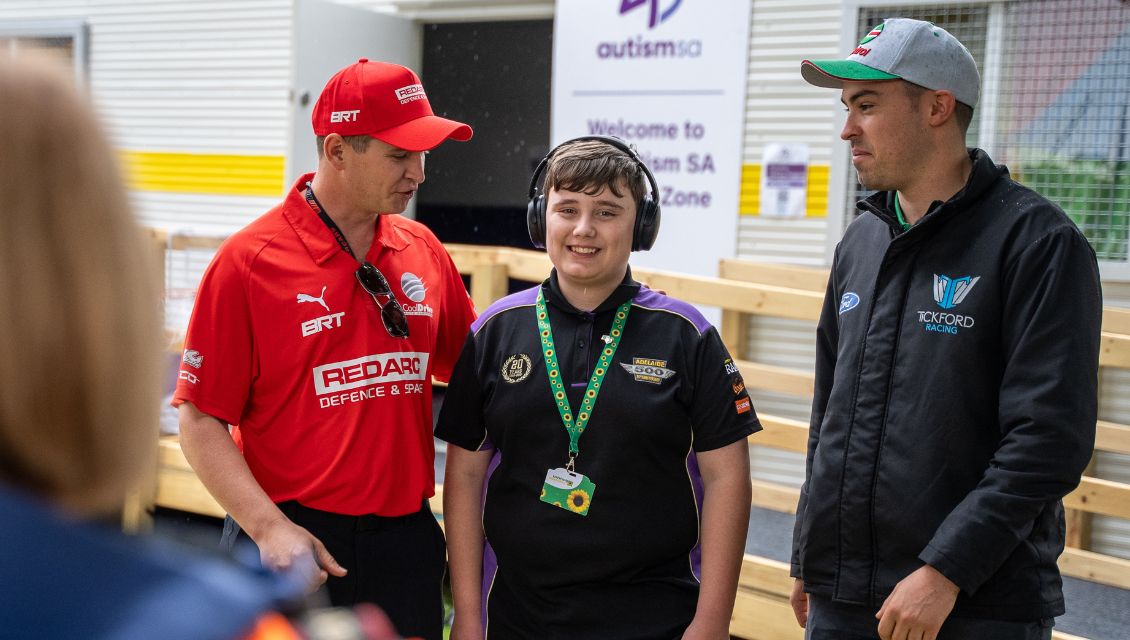 “Coming to my role in the Department of Premier and Cabinet, it was the first position ever specifically for an Autistic person,” Dr Goodall says.
“Coming to my role in the Department of Premier and Cabinet, it was the first position ever specifically for an Autistic person,” Dr Goodall says.
“And it was very interesting because the agency that did the recruitment were really shocked that lots of applicants had PhDs. Many of us who are Autistic love studying and we're often very highly qualified.
“But often what happens is that our resumes might have some gaps in them, or they might be a little bit atypical.
“Or if we declare that we're autistic, which I always do, we often don't get shortlisted. So, this is a really nice way of role modelling.”
Dr Goodall says the South Australian Government was a national leader in the area of autism inclusion, first creating the position of Assistant Minister for Autism in 2022 (held by the Hon Emily Bourke MLC) and then establishing the Office for Autism.
“There was an awareness that there needed to be policy work across government in terms of, ‘how do we change these outcomes in a very practical way?’,” Dr Goodall says.
“Because the life outcomes for Autistic individuals are particularly poor.
“Unemployment, for example, is six times higher than for typically developing people, but it's also higher than for people with intellectual disability."
Dr Goodall says a big part of the Office’s work involves breaking down this stigma, mainly through education in the workplace.
She says there is often an assumption that Autistic people can be difficult to work with, or that they’re only good at IT, or that they don’t have the “soft skills” needed to negotiate the modern office environment.
“The Office for Autism is running training sessions helping people to understand autism and Autistic people in the workplace,” Dr Goodall says.
“Either myself or Maggie (Rutjens, Principal Community Engagement Officer) usually present those, and both of us are Autistic. Often it will be the first time that people have heard Autistic adults in jobs talking about autism and being really upfront with it.
“Yes, we have difficulties in some areas, but we also make really good employees.
“Autistic people tend to be very loyal, they take less sick leave, they will give their all to a job. So there's lots of benefits of having Autistic employees, but it is about making those accommodations so that they are able to work to their best ability.”
Dr Goodall says that when the Assistant Minister conducted public consultation before the Office for Autism was set up there was a recurring mantra - “nothing about us without us”.
set up there was a recurring mantra - “nothing about us without us”.
It’s a phrase often used in the disability sphere, and it emphasises the importance of including those who will be most affected by the decisions and policy direction.
“And the South Australian Government listened to that mantra, and they decided that the Office needed to be led by Autistic individuals and not just have Autistic individuals working in it,” Dr Goodall says.
She says the Office focuses on the needs of Autistic people across the lifespan, including adults, an area that has previously received less attention.
“People know a lot about autism and children, but they know very little about Autistic adults and about how to set everything up for success,” she says.
“Because we know we struggled to fill jobs across government and if we use a workforce that is ready and waiting and has traditionally been unable to get a foot in the door, and we support them and set them up for success, then everybody wins.”
Dr Goodall says the launch of the State Autism Inclusion Charter - which will guide a whole of government approach to supporting Autistic and autism communities - on April 2 was “a really big achievement” for the Office.
And the other major achievements?
“I think just the fact that we exist at all is a major achievement,” Dr Goodall says.
“But on a practical level we have run some sensory spaces at major events – we set one up at the Multicultural Festival, we worked with the motorsport board to have a sensory space at the Adelaide 500, we worked with the fire brigade for the pageant, and the feedback from the community has been around the sheer joy of being able to go to an event as a family and knowing that there was a safe space to retreat to should one of the family members need that," she says.
“We’ve had a lot of feedback around things like the availability of a sensory space at the Pink concert, for example, with families telling us that it made such a huge difference to them.
“We have also trained every single staff member at the Adelaide Oval – from management to security, casual, permanent everybody – and that has been amazing.
“Being inclusive doesn't need to cost a lot of money. It's about changing hearts and minds and providing a little bit of understanding.”
World Autism Awareness Day, held on Tuesday 2 April, is an internationally recognised day that aims to promote acceptance and appreciation of Autistic people and their contributions to society.
“I think the really important thing about the second of April though, is that awareness of autism is not enough,” Dr Goodall says.
“We actually need to have understanding and we need to value Autistic individuals and what they bring to the world.
“And so I think the charter we've worked really hard to make sure that everybody's needs have been thought of.”
To learn more and to access a range of information and resources, visit the Office for Autism.


